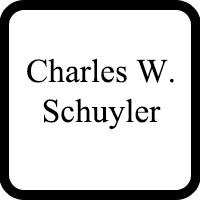 Missoula Juvenile Law Lawyers, Montana
Missoula Juvenile Law Lawyers, Montana
Sponsored Law Firm
-
 x
x

Click For More Info:
-
Stevenson Law Office
1120 Kensington Ave. Suite B Missoula, MT 59801» view mapCriminal Defense When You Need To Talk To Someone You Trust
From the beginning of your case, to the end, Stevenson law office guarantees skillful and diligent courtroom advocacy.
800-906-0680
Not enough matches for Missoula Juvenile Law lawyer.
Below are all Missoula Criminal lawyers.
Sponsored Lawyers
1-1 of 1 matches
Criminal, Accident & Injury, Estate, Real Estate, Business
Chuck Schuyler was admitted to the bar in 1975, Montana and U.S. Supreme Court, is a graduate of the University of Montana (B.A. 1969, J.D. 1975) and has served as President for the Western Montana Bar Association. His practice areas include General Practice, Real Estate and Personal Injury.
(more)


 Mathew Stevenson Missoula, MT
Mathew Stevenson Missoula, MT AboutStevenson Law Office
AboutStevenson Law Office Practice AreasExpertise
Practice AreasExpertise

